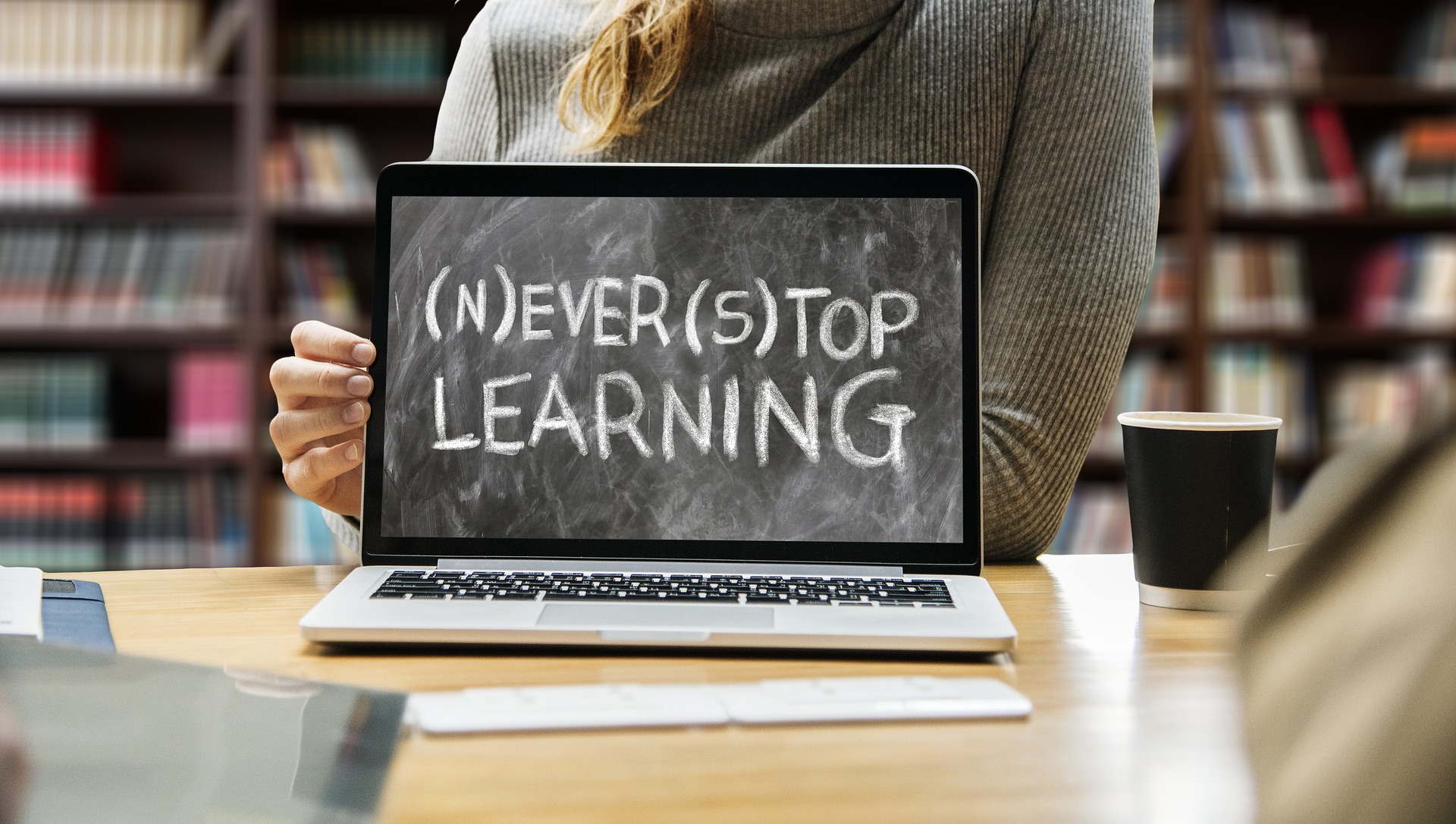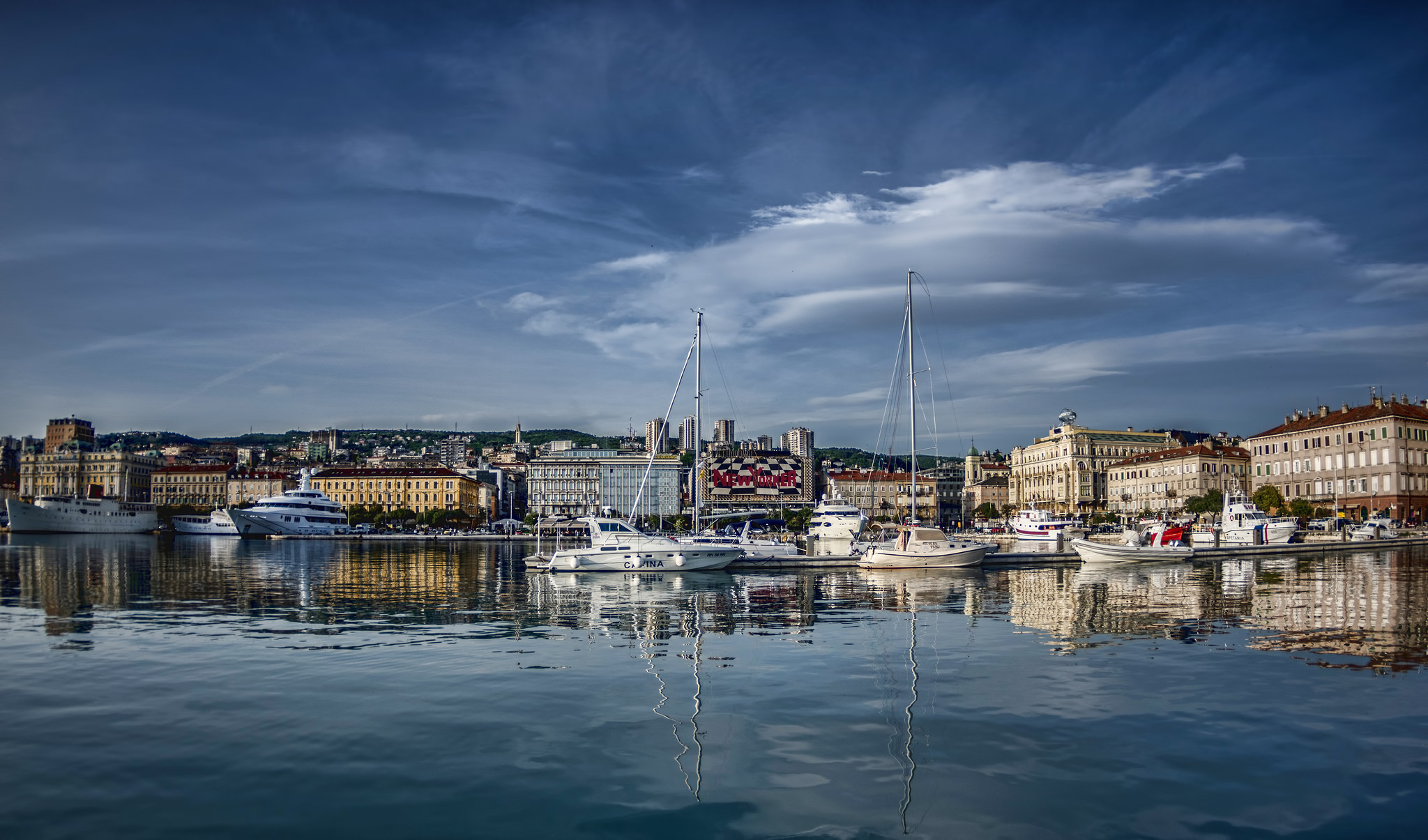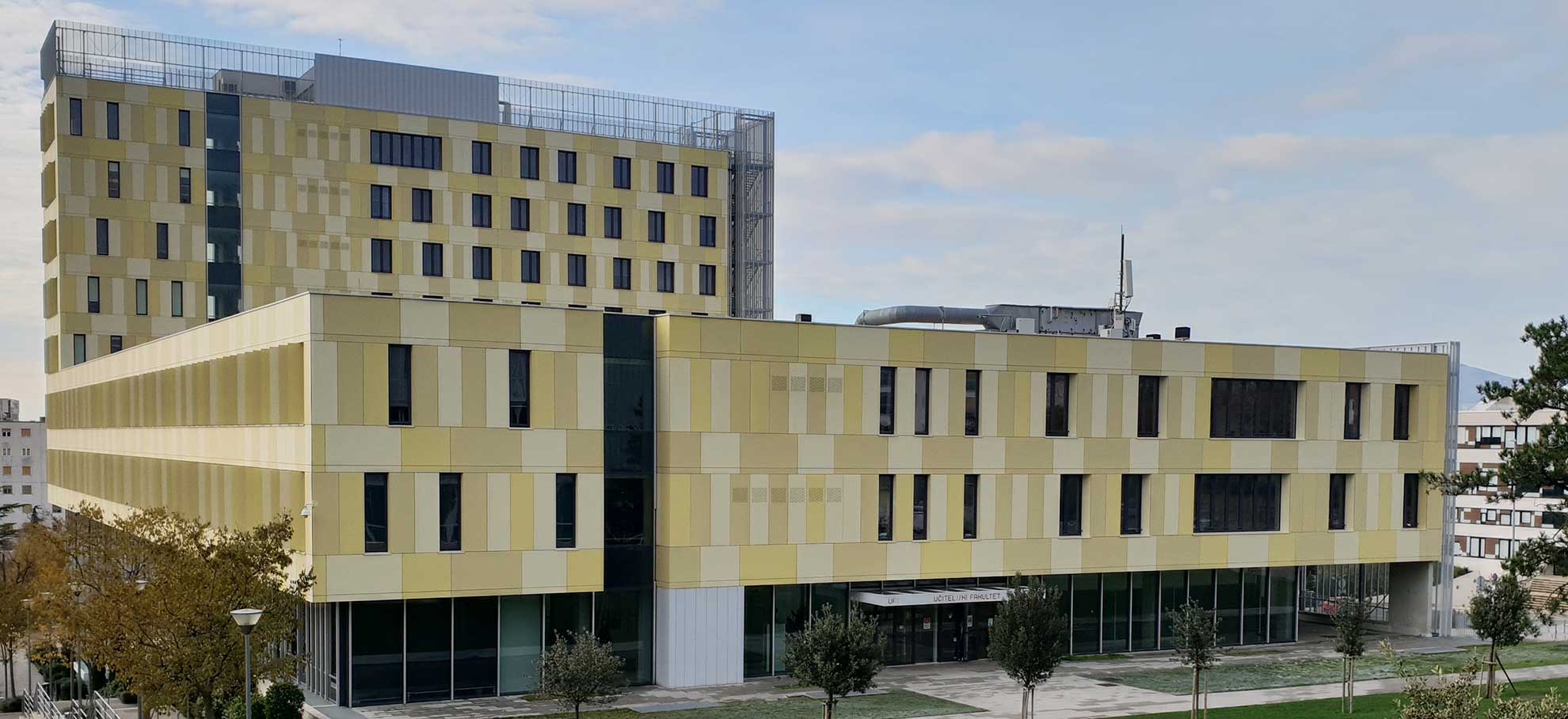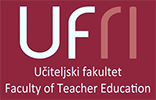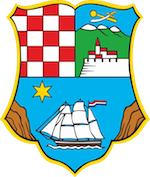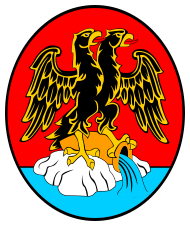Contemporaneity simultaneously carries conflicting societal trends, on one hand it promotes the ˝society of knowledge˝, while on the other it allows for the continuous growth of societal and economic inequalities. Current societal changes are both complex and contradictory. Despite the process of globalization, due to the aforementioned complexities and contradictions, developed societies, developing countries and former socialist societies are all affected differently by these changes. However, the specific challenges of social transformation also appear at the level of individual societies within these three categories, as well as at the regional level within specific societies. All these changes influence the position and role of education, as well as upbringing, in the society.

In developing countries, the educational system is faced with an increasing number of youths who need to participate in it, and its infrastructure and personnel are neither equipped nor sufficient to handle the matter. At the same time, the developed countries struggle with the population aging, but due to the strong immigration wave, the education system plays a significant role in handling the problem of integration. Former socialist societies, which are still struggling with numerous transition related issues, are also faced with the consequences of inter-ethnic conflicts and the re-radicalization of the society. Regardless of their differences, all societies have the need for education in a form that will encourage intercultural dialogue, that is, provide children and youths with an education necessary to practice active citizenship and harmonious coexistence.
The field of education and upbringing is also heavily afflicted by the increasing economic differences between developed and underdeveloped societies. The rising levels of poverty resulting in a continuously growing inequality have the effect of further increasing the differences in the educational and life chances of children and youths from different social groups. In general, the number of socially excluded citizens whose children do not have adequate access to quality education and upbringing, and who leave the education system earlier than others, is growing.

In addition to social and economic changes, state education policies are also being subjected to noticeable alterations. Because of the market’s need for new skills and the lifelong flexibility in regards to the work required by the neoliberal government, education is tasked with ensuring the technical efficiency of production. Wealthy constituents of society have the resources to find individual solutions to the sprouting changes, while the impoverished are left to hang in the wind of the laissez-faire market.
The question is whether and how the professional socialization of teachers (educators, teachers) follows the current social changes. The same question can be reduced to the individual level in regards to the extent to which educators and teachers are adapting to those changes themselves. And vice versa, to what extent do teachers and teacher education initiate social change.
Changes brewing at the micro level, in the family structure (the crisis of the traditional patriarchal family), as well as the emergence of new forms of family (reconstructed, single-parent) are some of the additional factors that affect the educational process. The increase in parental expectations when it comes to the educational achievements of their children is colliding with structurally and culturally limiting factors. The teaching itself, its status, the length and the content of the required professional education, as well as the learning and teaching process itself, are not exempt from the changes.

In the context of accelerated global social transformations, children and youths become extremely vulnerable and fragile social groups, which consequentially renders the field of education increasingly important within the society. In its Resolution 37C, UNESCO emphasizes that omni-available education, lifelong education, as well as education for active citizenship still remain an unfinished business. That is why the permanent task of science and scientists is to analyze and discern contradictory trends and changes in the educational sphere.
The Mediterranean Scientific Conference enables collaboration and networking of researchers who explore and question the topics related to education and upbringing within a variety of scientific disciplines.


